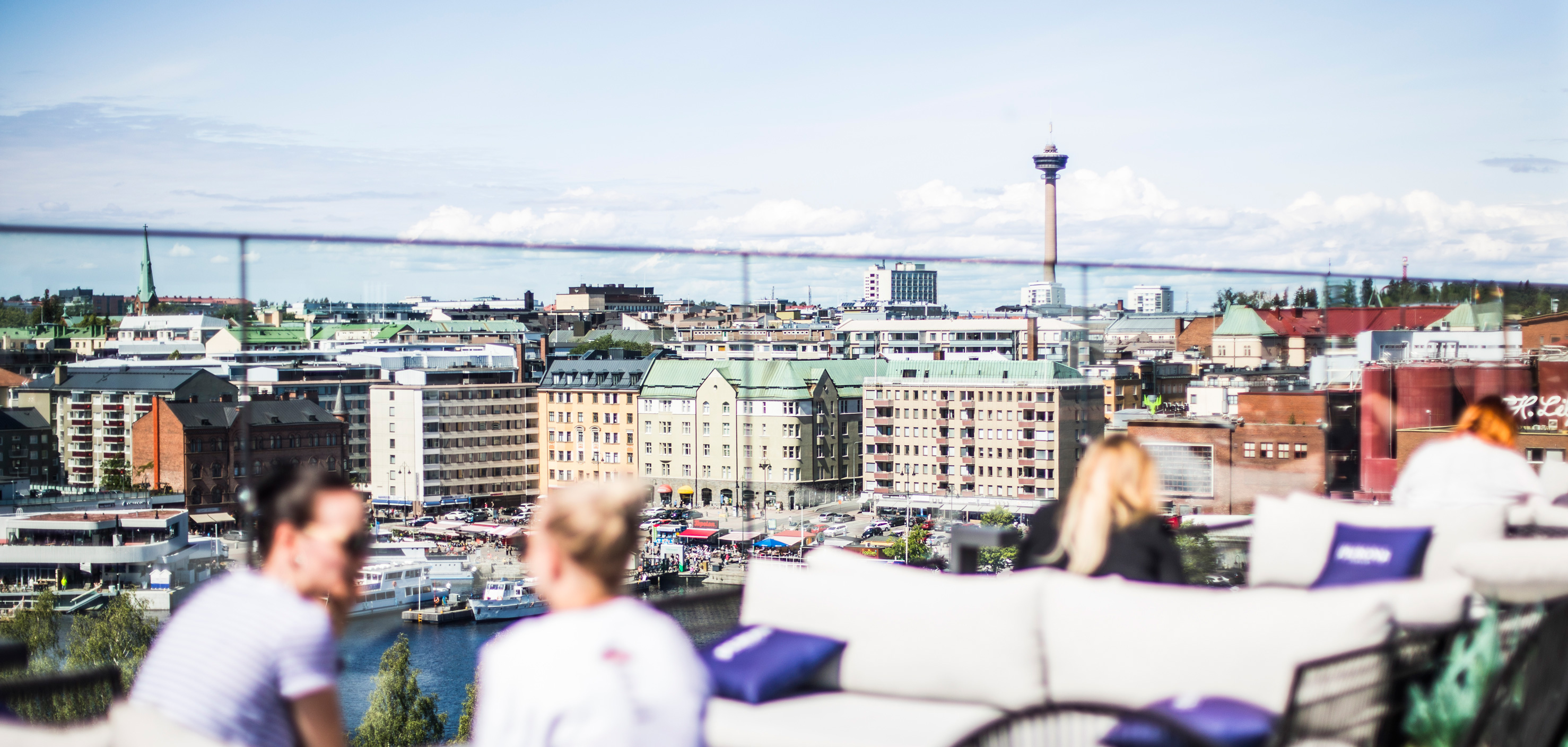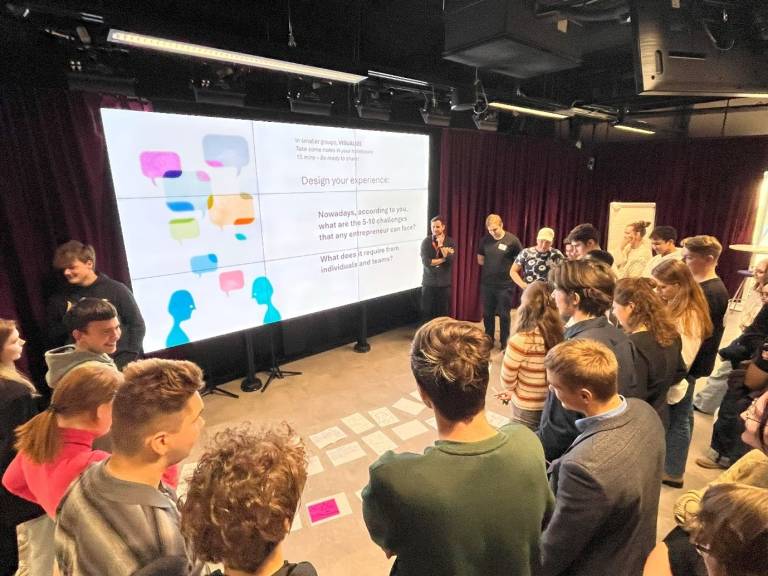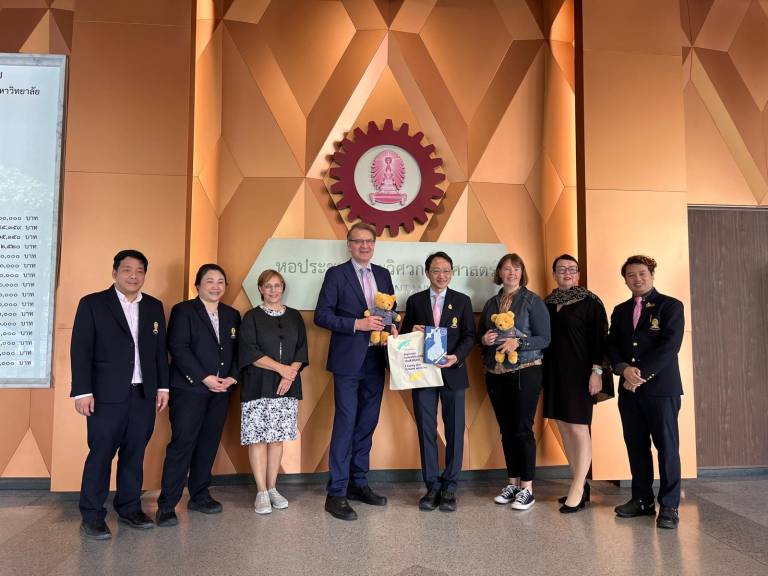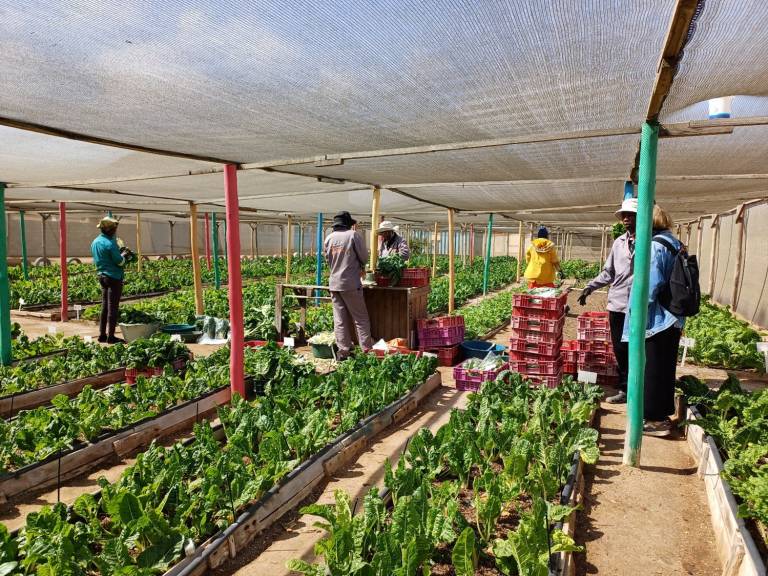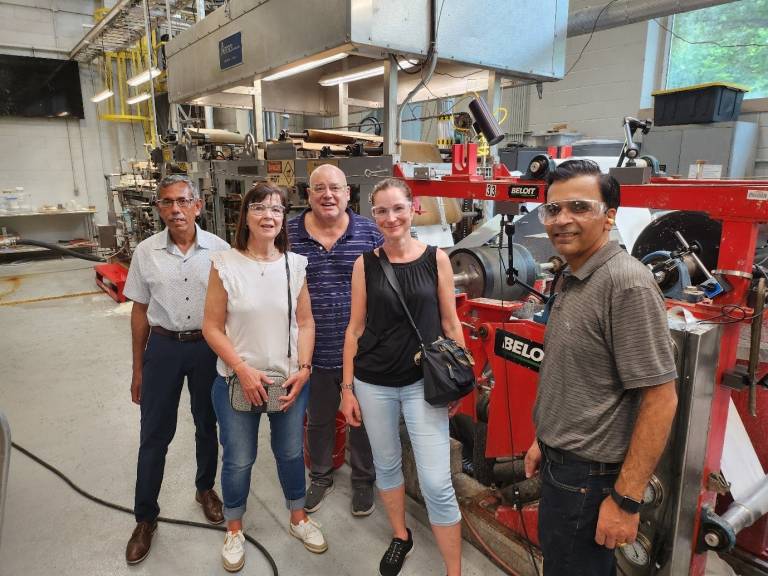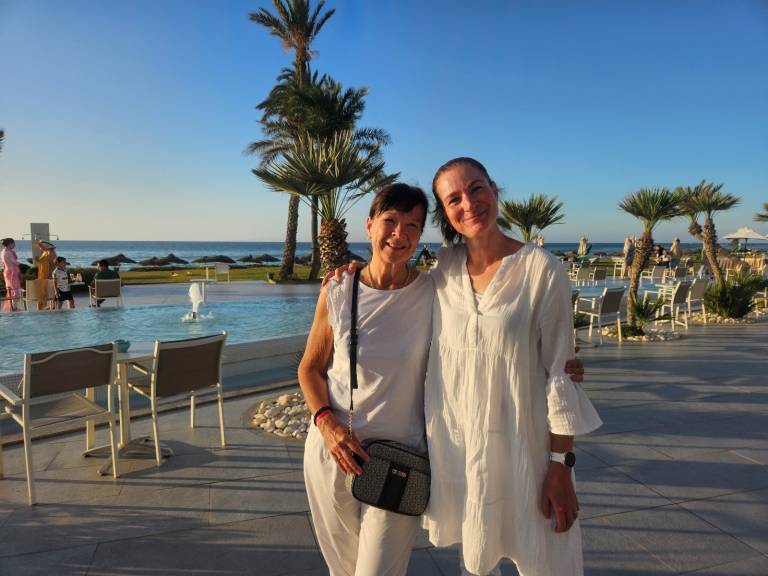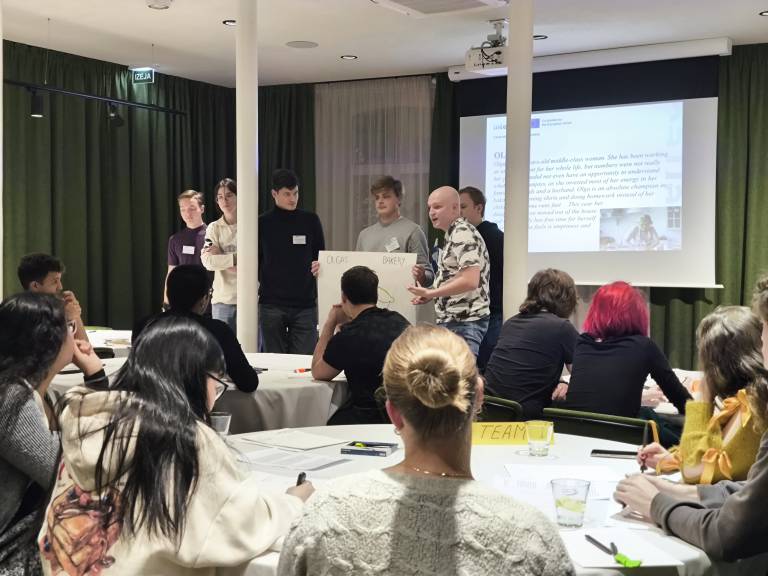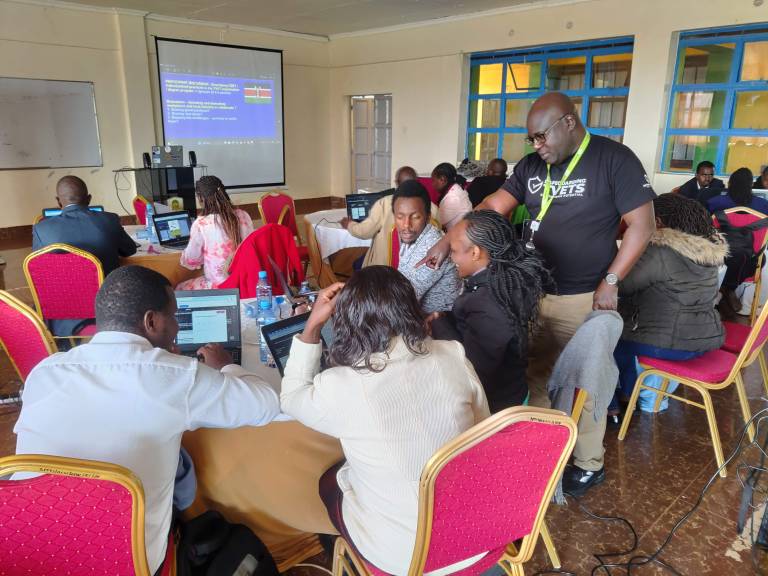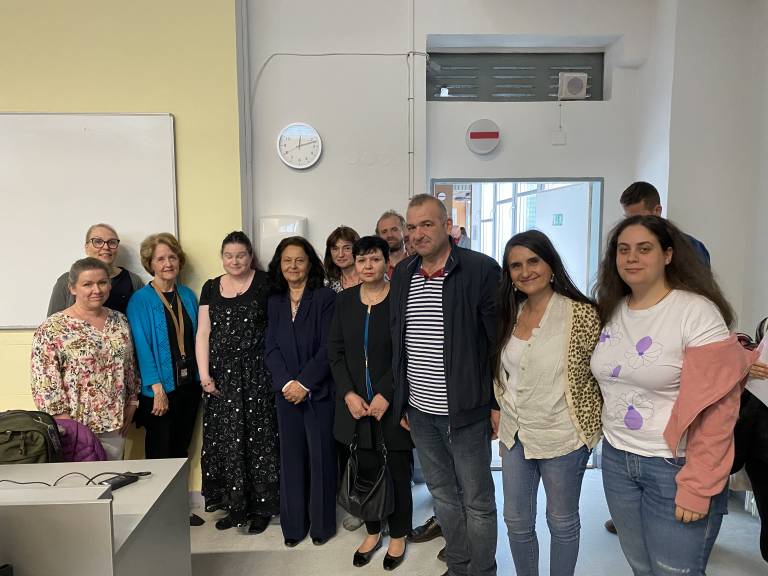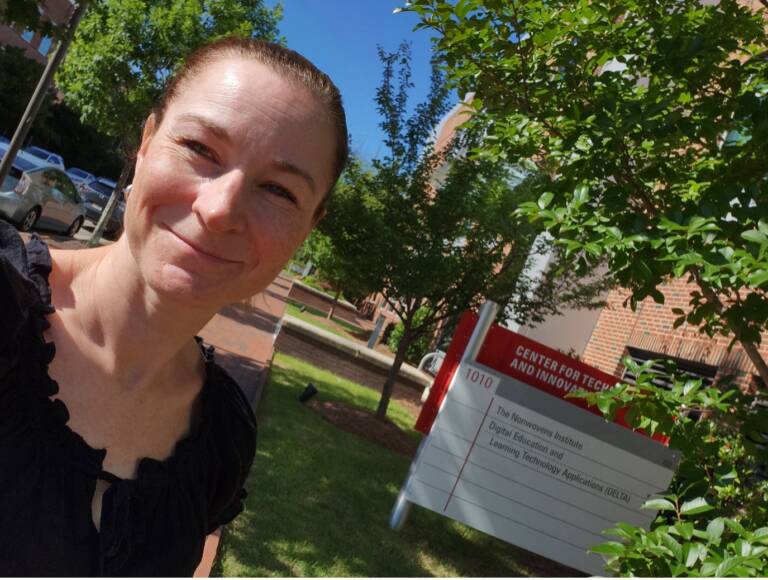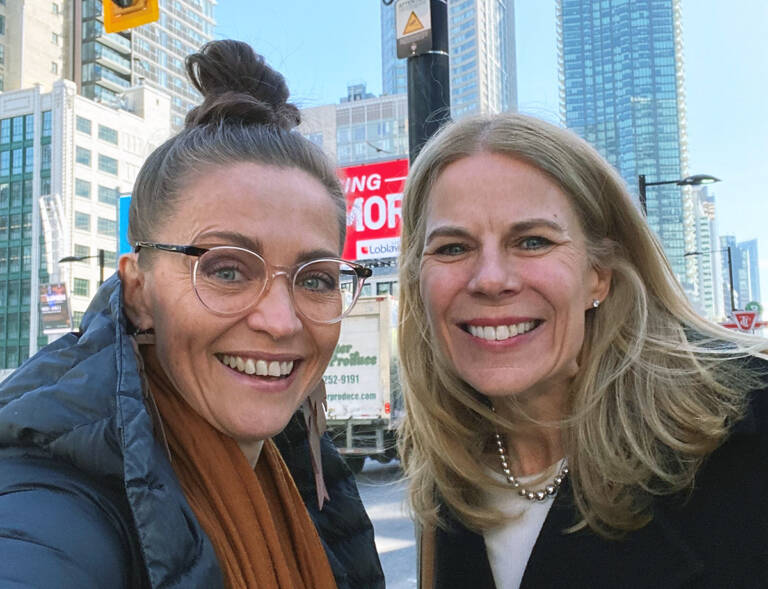Tampere and Proakatemia inspired the participants when TAMK hosted the meeting of the "Succeed in Business" project
EU Interreg Central Baltic Project "Succeed in Business" continued in Tampere 4.-5.12.2024. Project gathered together students from TAMK, Tartu region in Estonia and Latvia University of Life Sciences and Technologies to learn more about general management and business development, and human resources.

